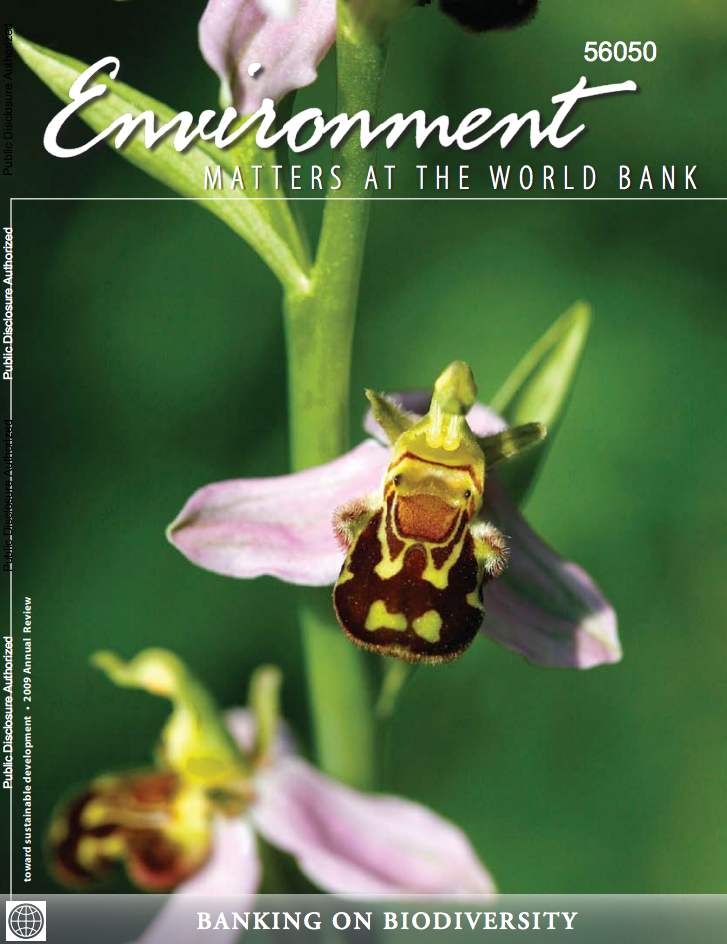Burkina Faso - Promoting Growth, Competitiveness and Diversification : Country Economic Memorandum, Volume 2. Sources of Growth - Key Sectors for Tomorrow
The main conclusion of Country Economic
Memorandum is that the previous model of extensive growth
has now exhausted its potential and must be renewed. Given
the existing population dynamics, low environmental
tolerance due to its Sahelian climate and competition forces
imposed due to its open economy, Burkina Faso is heavily
investing in growth based on increased productivity to
overcome its low level of initial human capital, capacity


